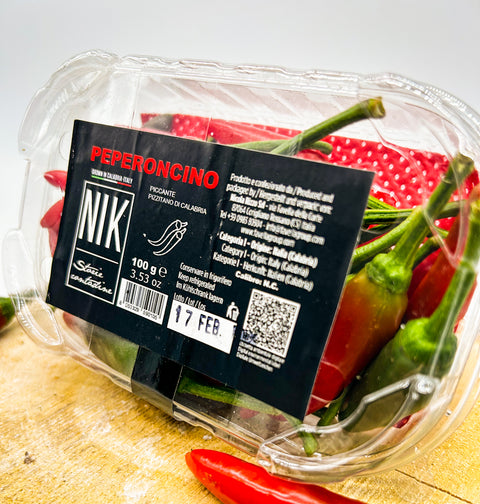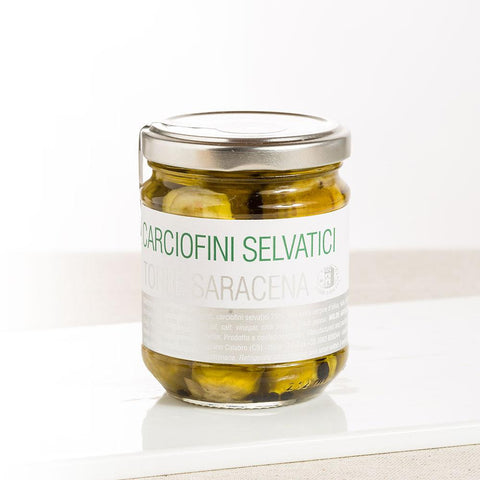To refrigerate or not to refrigerate eggs? That's the question. While in Italy eggs are often sold unrefrigerated, in countries like the United States they are refrigerated from the start. But what's the correct practice? And above all, why do some experts advise against refrigerating eggs?
The answer depends on microbiological, regulatory, and practical factors. In this article, we explore the scientific reasons and recommendations from IZSVe (Istituto Zooprofilattico Sperimentale delle Venezie), a major authority on food safety in Italy.
Condensation and Cross-Contamination
According to IZSVe, eggs should not be placed in the fridge if they’ve been stored at room temperature, as is common in Italian supermarkets.
The main issue is condensation: when cold eggs are exposed to warmer temperatures, moisture forms on the shell surface. This can encourage bacteria like Salmonella to penetrate the shell, especially if there are small cracks.
Eggs can also absorb odors and contaminants from the fridge if not stored properly. The best practice is to keep them in a cool, dry place away from heat sources, such as a well-ventilated cupboard.
When Refrigeration Is Necessary
Refrigeration is essential if the cold chain was maintained from the start: for example, in countries where eggs are refrigerated at the point of sale, they must be kept in the fridge until use.
Also, if you've cracked an egg or separated yolk and white, refrigeration becomes mandatory. Store them in a sealed container and consume within 1–2 days. Cooked eggs should also be refrigerated if not eaten immediately, and consumed within 24–48 hours. To better understand labeling and traceability, consult our article on egg codes.
Safe Egg Storage Tips
Here are a few tips to store eggs safely at home:
- Don’t wash eggs before refrigerating: water may remove their protective cuticle.
- Avoid sudden temperature changes: if stored at room temperature, keep them there until consumption.
- Inspect the shell: consume immediately or discard if cracked.
- Cook eggs thoroughly, especially if the source is not certified (e.g. hard-boiled, omelets, frittatas).
If you're concerned about risks, read the article on negative effects of eggs. To explore their health benefits, check out benefits of eggs and eggs and health, both packed with scientific data and tips.
In conclusion: Egg storage depends on how they were handled prior to purchase. In Italy, where eggs are sold unrefrigerated, it’s best to keep them at room temperature to avoid condensation and microbial risks. Mindful handling and choosing quality eggs are key to safe consumption.
For an even safer and more nutritious choice, discover Nu'ovo, made from hens fed on goji berries and moringa oleifera. A functional, wholesome food traced throughout the agricultural supply chain.




















Comments (0)
There are no comments for this article. Be the first one to leave a message!